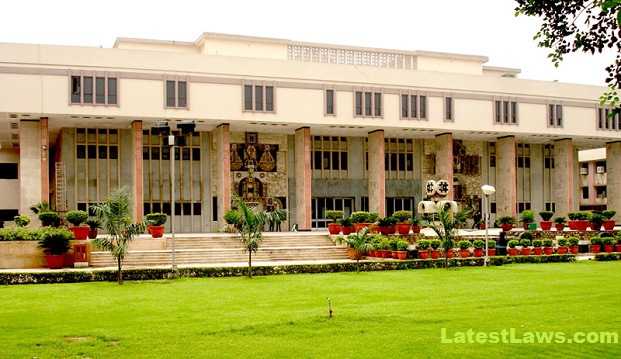October 20, 2018
A recent judgement by the Delhi High Court it has been held that Civil Courts don't have jurisdiction to adjudicate on matters vested with the NCLT under the Companies Act, 2013.
Under the Companies Act, 1956, HCs were vested with original jurisdiction as a ‘Company Court’ to adjudicate certain matters. The jurisdiction which was divided between the erstwhile Company Law Board (CLB) & High Court was clubbed & transferred to the NCLT under the 2013 Act.
In the present case, the High Court interpreted Section 430 of the 2013 Act strictly, & ruled that High Courts (which're now ordinary Civil Courts for the purpose of 2013 Act) won't entertain disputes for which a remedy before the NCLT has been provided.
The dispute pertains to an allegation of non-compliance with Section 62 of the 2013 Act. This provision provides for the procedure to be followed while making a further issue of share capital (or rights issue). The plaintiff, SAS Hospital, owned 99.96 percent shares of the Defendant Company, Surya Construction Pvt Ltd prior to the allotment of shares in dispute.
After the allotment, its shareholding was diluted to 21.44 percent. The Plaintiffs argued that money belonging to the company was moved in a circular manner to show an artificial deposit for allotment of shares. The Plaintiffs had, therefore, prayed for annulment of this allotment.
The case was pending before the CLB also, where an order of status quo was obtained by the Plaintiffs. They had also obtained an order of injunction from the Civil Court.
In the proceeding before the High Court, however, the maintainability was challenged by the Defendants. They argued that Section 430 of the Companies Act, 2013 doesn't permit the Civil Courts “to entertain any suit or proceeding in respect of any matter which the Tribunal or the Appellate Tribunal is empowered to determine by or under this Act ”.
The consequence of non-compliance with Section 62 can be found in two provisions, both of which grant NCLT the exclusive jurisdiction:
Section 59, under which an application can be made for rectification of register of members, or Section 242, if the affairs of the company are conducted in a prejudicial manner.
The High Court noted the broad & far-reaching consequences of the powers provided to the NCLT under Section 242, which're greater than a Civil Court’s power. It then referred to various other judgments which upheld NCLT’s authority to adjudicate on all matters, including the ones which were under the jurisdiction of the High Courts under the 1956 Act.
The Court found that as per the 1956 Act, the HC was the Company Court for deciding cases such as the present one. However, the High Court hasn't been granted original jurisdiction under the 2013 Act, & will be treated as a Civil Court.
It found that Section 59 has specific consequences for non-compliance & that the NCLT order's only appealable before the NCLAT. Accordingly, the Court held NCLT is the right forum to decide on the above matter. However, a Trial Court can examine the cases where issues of fraud or collusion come up, the Court added.
The plaint was thus rejected & Plaintiffs were asked to approach the NCLT for relief.
Picture Source :

























